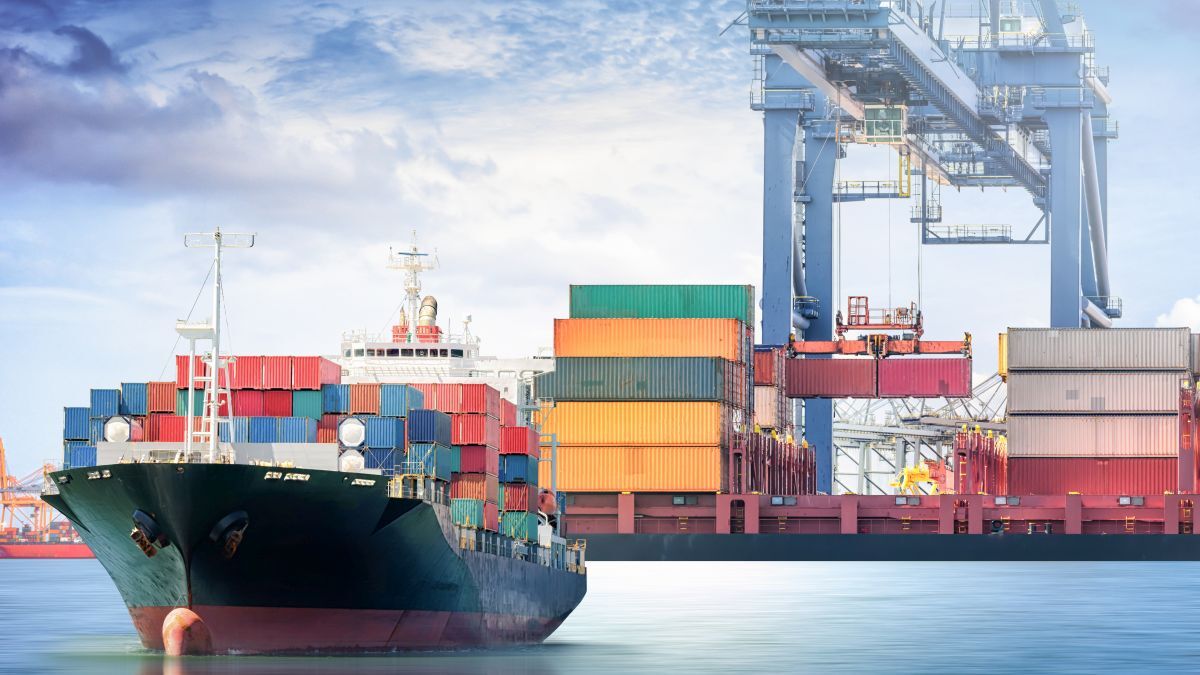 A container ship in a port investing in sustainable shipping (source: Innovez One)
A container ship in a port investing in sustainable shipping (source: Innovez One)
Ports that hesitate in implementing digitalisation technologies and infrastructure investments for decarbonisation risk being left on the wrong side of the sustainability divide
Early movers will be rewarded with significant business opportunities, efficiency gains, reduced congestion, lower emissions and more competitive advantages.
These ports are attracting the attention of clean energy and shipping projects as well as supply chain heavyweights looking to reduce their first and last-mile emissions, said Innovez One chief executive David Yeo.
He believes data is key to opening sustainable and efficient port operations, including towage, pilotage, ship refuelling and logistics.
Analytics and artificial intelligence (AI) are important tools for reducing port operating costs, fuel consumption and emissions, while preparing ports for future investments for sustainability and decarbonisation.
“There are also opportunities for forward-thinking ports,” Mr Yeo told Riviera Maritime Media. “There are windows of opportunity that ports which are taking meaningful steps towards decarbonisation today will be able to seize. However, many ports still do not see sustainability as an immediate priority.”
More ports are becoming aware of the importance of decarbonisation strategies, but are unsure of the tangible steps forward. “They may think issues related to efficiency and congestion are more urgent,” said Mr Yeo.
“What these ports fail to realise is that measures to improve efficiency, tackle congestion and improve sustainability all go hand in hand. Addressing these challenges also has a common starting point; data.”
Mr Yeo said understanding data and its analysis is critical to sustainable and environmentally friendly port operations. “Digitalisation is the foundation of the decarbonised and efficient ports of the future,” he said.
“Data-driven solutions are key to enable ports to optimise their operations, which helps reduce idle times and emissions from visiting ships, as well as fuel consumption and emissions from their own fleets of tug, towage and pilotage services.”
Where manual processes, spreadsheets and whiteboards fall short, AI-powered algorithms can solve complex scheduling puzzles and calculate optimal resource allocation.
“The impact is immediate and significant: for example, implementing Innovez One’s MarineM AI-powered scheduling system at the Indonesian port of Tanjung Priok reduced the overall distance travelled during tug and pilot operations by 20%,” said Mr Yeo.
MarineM continues to save the 22nd-busiest port in the world US$155,000 in fuel costs annually.
“Not only has the port seen tangible benefits in reduced congestion, the system has had a payback time of just six months,” he added. “Digitalisation will also help ports with some of the pivotal strategic decisions they must take to achieve sustainability.”
Granular data on operations will provide the insights these ports need to make the best decisions on critical investments in new infrastructure or technology needed to compete in an increasingly decarbonised world.
“This tangible step towards achieving sustainability is available to any port looking to bridge the great sustainability divide and compete in the industry’s rapidly changing business environment,” said Mr Yeo.
These steps include supporting the booming offshore renewables market and shore power projects and to be part of green shipping corridors, which are planned through initiatives such as the Clydebank Declaration.
Ports will be central to enabling vessels to achieve net-zero operations and supporting new supply chains emerging for new fuels, such as ammonia and hydrogen, and for transporting CO2 as part of carbon capture and storage.
Innovez One has partnered with Aventra Group to develop an advanced analytics dashboard that will enhance digital port management information systems, giving ports better visibility on their operations and supporting strategic decision-making.
The joint platform, Port Management Insights (PMIn-sights), will use historical and real-time data to improve the operational efficiency of port, towage and pilotage operations, building on both companies’ expertise with machine learning automation and AI.





